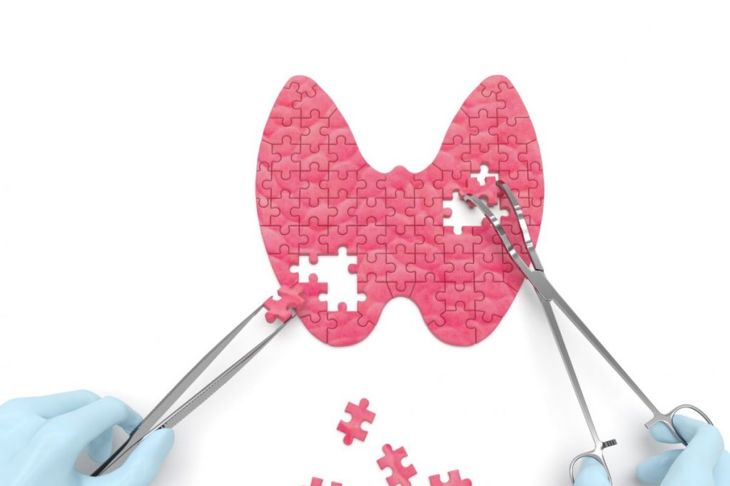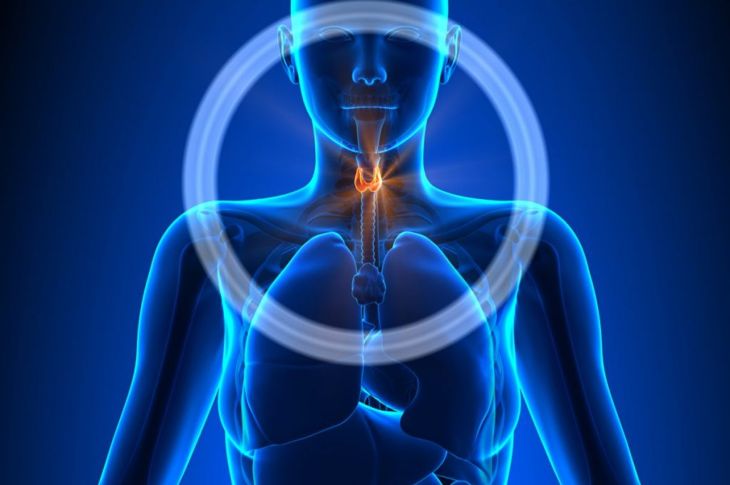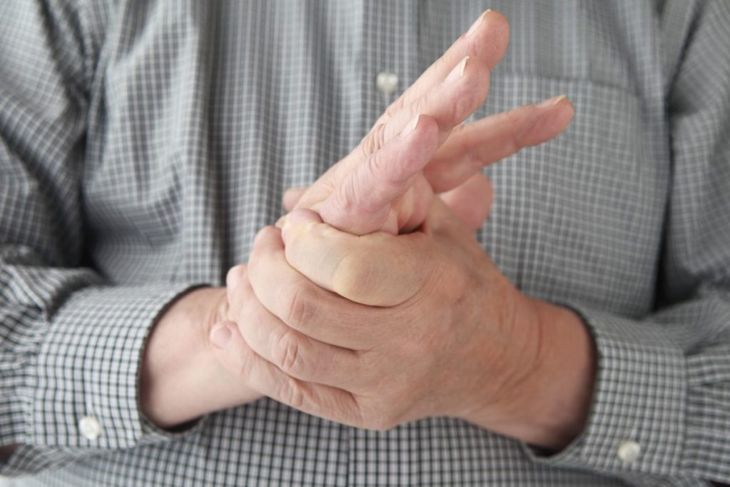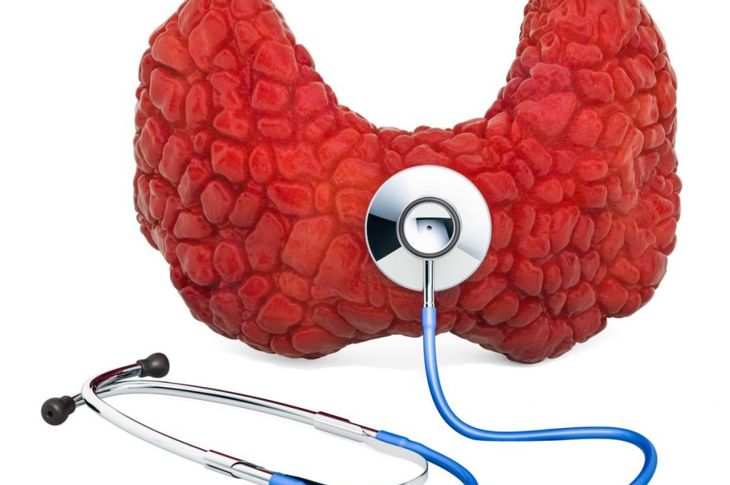The parathyroid is part of a network of endocrine glands that help regulate functions such as metabolism, growth, reproduction, sleep, mood, and tissue function by releasing essential hormones. Many glands in the endocrine system work together to manage these body functions. The parathyroid glands are four small, circular glands inside the four lobes of the thyroid, a butterfly-shaped gland at the base of the throat. Hypoparathyroidism is a condition that arises because of problems with or absence of the parathyroid.
Acquired Causes of Hypoparathyroidism
An acquired condition is one caused by an external event. In the case of hypoparathyroidism, the main acquired cause is the surgical removal of the thyroid — a thyroidectomy — which also removes the parathyroid glands. Also, factors that affect the blood supply to the thyroid can likewise affect the parathyroid. In rare cases, radiation in the vicinity of the neck can cause hypoparathyroidism.
Other Causes of Hypoparathyroidism
In some cases, the parathyroid doesn’t produce the required amount of hormone, or they fail to work. The cause of this is unknown. Some people may also develop an autoimmune reaction that causes the body to attack the parathyroid glands, and in rare cases, children are born without them. Lastly, a person may produce healthy parathyroid hormones, but his or her body resists the effects, rendering the hormone useless. All of these conditions will cause hypoparathyroidism and its subsequent symptoms.
What Happens in Hypoparathyroidism?
The parathyroid hormone works with the thyroid and vitamin D to maintain the proper balance of calcium and phosphorus in the body, which needs these minerals for bone formation and muscle and nerve function. Therefore, when the parathyroid hormone is low or doesn’t function, the body can’t extract calcium from food, resulting in low levels of calcium in the blood. When calcium is low, phosphorus tends to rise. This imbalance causes the symptoms of hypoparathyroidism.
Neurological Symptoms
The most noticeable and common symptoms of hypoparathyroidism are neurological. Many people don’t have any visible signs at all. In more mild instances, tingling and burning in the hands, feet, and lips can progress to muscle aches and cramps. More severe cases may present with painful twitching and spasms or tetany. If left untreated, the condition can progress to seizures.
Musculoskeletal Symptoms
Musculoskeletal symptoms of hypoparathyroidism include muscle pain with cramps and aching in the face, feet, legs, and abdomen. In rare cases, these cramps can affect the smooth muscles of the throat, lungs, stomach, and heart. Muscle spasms in the throat and lungs can cause hoarseness, pain, and difficulty breathing. Low calcium levels may also affect the heart muscle, causing arrhythmias.
Other Symptoms of Hypoparathyroidism
Other symptoms of hypoparathyroidism include increased depression, anxiety, and mood changes. Low calcium can cause blurry vision, forgetfulness, and mental fatigue, as well as increased menstrual cramps, brittle nails, thinning hair, and problems with tooth enamel. Hypoparathyroidism in children can lead to stunted physical and mental development. Lastly, chronic hypoparathyroidism can result in calcium deposits in the brain or kidneys.
How is Hypoparathyroidism Diagnosed?
A doctor will determine if a patient has hypothyroidism through a detailed exam including history, symptoms, and blood work. The classic symptoms of low calcium will prompt further tests of parathyroid hormone levels, calcium, phosphorus, magnesium, and creatinine. Vitamin D and urine can also indicate the problem. Medical professionals can test for low calcium by inflating a blood pressure cuff past the systolic blood pressure level. In patients with low calcium, this will often cause the hand to spasm into a hook-like arch called Trousseau’s sign.
Related Conditions And Risk Factors
Those with a family history of thyroid or parathyroid disorders are at increased risk of developing hypoparathyroidism, as are people who recently had neck surgery that could affect the blood supply to the thyroid. Lastly, individuals with existing autoimmune disorders or conditions that affect other glands are also more likely to develop hypoparathyroidism.
Treatment for Hypoparathyroidism
The primary treatment for hypoparathyroidism is a correction of low calcium and high phosphorus levels. People with this condition need to take calcium and vitamin D supplements in higher doses to help maintain normal calcium levels, and a doctor may also prescribe diuretics or medication to remove phosphates, in severe cases. Lastly, a synthetic form of parathyroid hormone is available, but more research is required to confirm its safety.
Preventing Hypoparathyroidism
Since the parathyroid glands are located in and share a blood supply with the thyroid, keeping the thyroid healthy can prevent hypoparathyroidism. Getting adequate vitamin D will keep both thyroid and parathyroid glands healthy and responsive. A diet high in magnesium, calcium, and other nutrients can protect these vital parts as well. When possible, avoiding surgery or injury around the neck will help prevent parathyroid issues.

 Home
Home Health
Health Diet & Nutrition
Diet & Nutrition Living Well
Living Well More
More




















